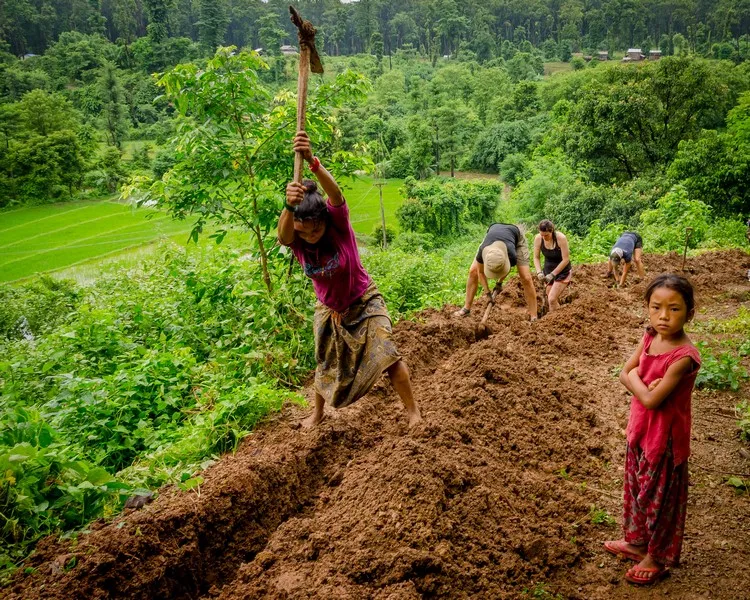In the field of sociology, agribusiness is a term that refers to the industrialization and commercialization of agriculture. It encompasses the various activities involved in producing, processing, and distributing agricultural products on a large scale. Agribusiness has emerged as a dominant force in the modern agricultural sector, transforming traditional farming practices into highly mechanized and profit-driven enterprises.
Evolution of Agribusiness
The concept of agribusiness emerged in the mid-20th century as a response to the increasing demand for food and the need to improve agricultural productivity. It represents a shift from small-scale, family-based farming to large-scale, corporate-controlled agricultural operations. This transformation has been driven by advancements in technology, changes in consumer preferences, and the pursuit of economic efficiency.
Agribusiness involves the integration of various sectors, including farming, food processing, marketing, and distribution. It encompasses not only the production of crops and livestock but also the manufacturing of agricultural inputs, such as fertilizers and pesticides, as well as the development of biotechnology and genetically modified organisms (GMOs).
Key Features of Agribusiness
Agribusiness is characterized by several key features that distinguish it from traditional agricultural practices:
- Economies of scale: Agribusiness operations are typically large-scale, allowing for greater efficiency and cost-effectiveness in production and distribution.
- Specialization: Agribusinesses often focus on specific crops or livestock, utilizing specialized knowledge and techniques to maximize productivity.
- Vertical integration: Agribusinesses often control multiple stages of the production and distribution process, from seed production to retailing, to ensure quality control and maximize profits.
- Technological innovation: Agribusinesses heavily rely on technology and scientific advancements to increase yields, improve product quality, and reduce environmental impact.
- Globalization: Agribusiness operates on a global scale, with multinational corporations dominating the production, processing, and distribution of agricultural products.
Impact of Agribusiness
The rise of agribusiness has had profound social, economic, and environmental implications:
Social Impact:
Agribusiness has led to significant changes in rural communities, as small-scale farmers struggle to compete with large-scale operations. It has resulted in the consolidation of land ownership and the displacement of small farmers, leading to rural depopulation and migration to urban areas. Additionally, agribusiness has altered labor dynamics, with a shift towards mechanization and a decrease in the demand for manual labor.
Economic Impact:
Agribusiness has contributed to increased agricultural productivity and efficiency, leading to higher food production and lower prices for consumers. However, it has also led to the concentration of market power in the hands of a few corporations, resulting in limited competition and potential exploitation of farmers. The economic benefits of agribusiness are often unevenly distributed, with small farmers and rural communities experiencing economic disadvantages.
Environmental Impact:
The intensive agricultural practices associated with agribusiness, such as the use of chemical inputs and monoculture farming, have raised concerns about environmental sustainability. These practices can lead to soil degradation, water pollution, loss of biodiversity, and increased greenhouse gas emissions. Efforts are being made to promote sustainable agricultural practices and reduce the environmental footprint of agribusiness.
Conclusion
Agribusiness represents a significant transformation in the agricultural sector, driven by the need for increased productivity and efficiency. While it has brought economic benefits and technological advancements, it has also raised social and environmental concerns. Understanding the impact of agribusiness is crucial for sociologists and policymakers in addressing the challenges and opportunities associated with modern agricultural practices.





